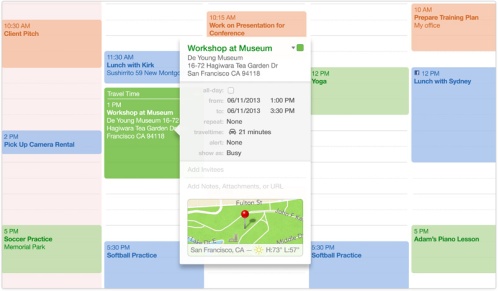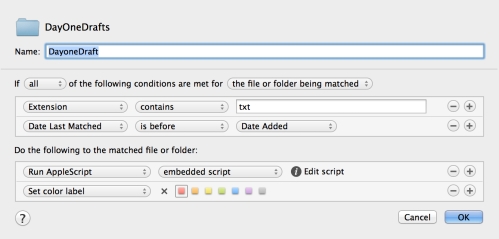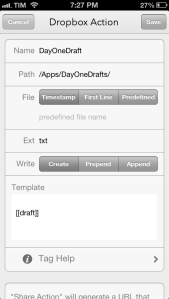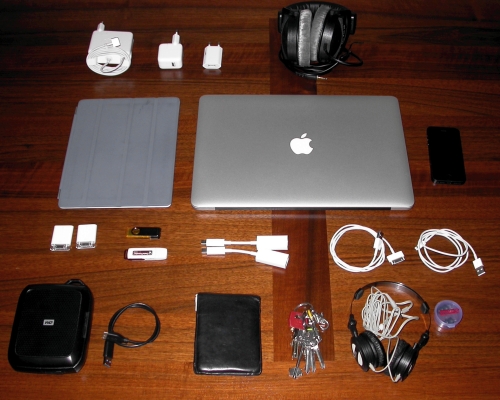After I have been listening to the third episode of The Menu Bar I really don’t know how I didn’t read this post by Amit Jain on SpinHalf.net before.
Looking at yesterday release of Google Now and the first reviews, Amit’s words during the podcast sounds like a prediction.
The world is filled with information and companies like Apple or Google have been collecting huge amounts of users’ data: habits, likes, purchases, locations, calendars, searches, queries.
Billions of sensors will wake up thousands of times everyday to take a peek into the world they are in and generate massive, massive amounts of data. But data is not context. its interpretation is. Interpretation is the tallest step to context. It is an effort to make sense of the collected data and what an effort it is.
The problem is not how and if we are able to collect or gather data, it is how we should interpret and use them. This is the greatest challenge of our time.
Tech companies have to manage all of these information and build a system to get the best out of them, not only stocking them in useless and meaningless databases.
There is a need for context:
Context in the domain of machine learning and informations is the idea about the circumstances that precede a query and follow the results.
There is a need for devices capable to understand and process this amount of data:
In order to ask the right questions, our devices need to know us. The most essential aspect of context is the user, us.
The devices have to get consciousness of us, they need context of where, when and how we are using them. This could imply that before being conscious of us, a device has to be conscious of itself. And so we would be able to build devices that understand each other in a context-based-way not in a merely data-based-way.



